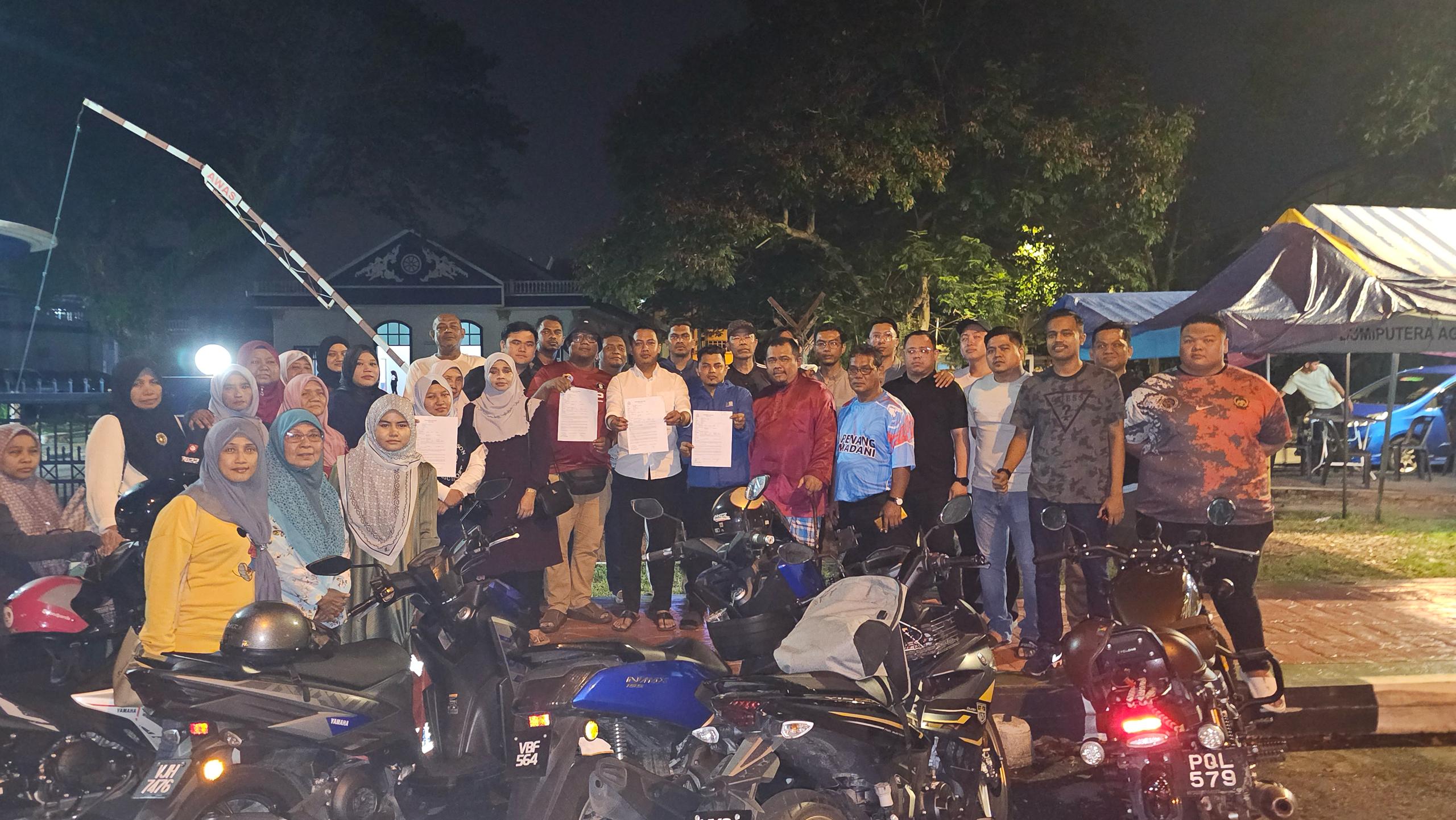
 PUTRAJAYA, November 22 – 30 Years Ago, ASEAN foresaw China as a potential powerhouse. Malaysia, along with other ASEAN Member States then made the important decision to extend a friendly invite to China to the 24th ASEAN Ministerial Meeting in 1991 in Kuala Lumpur as a Guest of the Government of Malaysia. That was indeed a wise decision. Since then, ASEAN and China’s relationship developed into a deep and broad one.It continues to grow with China remaining a steadfast and reliable partner of ASEAN. Malaysia deeply appreciates China’s role in furthering our dialogue relations and in supporting ASEAN Centrality and community-building efforts.
PUTRAJAYA, November 22 – 30 Years Ago, ASEAN foresaw China as a potential powerhouse. Malaysia, along with other ASEAN Member States then made the important decision to extend a friendly invite to China to the 24th ASEAN Ministerial Meeting in 1991 in Kuala Lumpur as a Guest of the Government of Malaysia. That was indeed a wise decision. Since then, ASEAN and China’s relationship developed into a deep and broad one.It continues to grow with China remaining a steadfast and reliable partner of ASEAN. Malaysia deeply appreciates China’s role in furthering our dialogue relations and in supporting ASEAN Centrality and community-building efforts.
President Xi’s presence in today’s Special Summit is a testimony of the depth and strength of ASEAN and China’s dialogue relations. I welcome the decision to further enhance our dialogue relations to a comprehensive strategic partnership. Malaysia applauds China for developing a vaccine within a short time frame and for the commitment in supplying vaccines as a global public good. Malaysia is deeply appreciative of the 28 million doses of vaccine China has contributed to ASEAN, 500,000 of which were received by Malaysia.
Your efforts certainly assisted in the collective battle against COVID-19. Malaysia looks forward to receiving an additional one million doses. Moving forward, ASEAN and China could enhance cooperation in public health and pharmaceutical capabilities through the sharing of technology, know-how and intellectual property. This would be helpful in upgrading ASEAN’s public health systems, to ensure they are prepared to effectively deal with future health emergencies.
Malaysia’s position on the South China Sea remains consistent. As a claimant state, Malaysia firmly views that matters relating to the South China Sea must be resolved peacefully and constructively in accordance with universally recognised principles of international law, including the 1982 UNCLOS. Malaysia calls on all countries to remain committed towards maintaining the South China Sea as a sea of peace, stability and trade. To this end, all parties should exercise self-restraint and avoid actions that may be deemed provocative, which could further complicate the situation and escalate tensions in the area.
In this regard, Malaysia underscores the importance of the full and effective implementation of the Declaration on the Conduct of Parties in the South China Sea in its entirety, and the early conclusion of an effective and substantive Code of Conduct in the South China Sea. ASEAN and China are fully aware of the need for peace and stability to attain economic development and civilised life. Malaysia is, therefore, encouraged by the constructive tone of President Xi and President Biden’s virtual meeting last week.
China-US bilateral relations are among the most consequential in the world. While differences remain, Malaysia welcomes recognition of the collective responsibilities that both countries have towards maintaining peace, development and social progress. Although competition is inevitable, China-US relations must primarily be defined by cooperation. All countries have a duty to cooperate and collectively promote peace, security, prosperity and progress.
A world order based on multilateralism is vital. Such an order would enable sustainable and peaceful co-existence of civilisations that is rules-based, open, inclusive and transparent. Thus, ASEAN and China could work on boosting multilateralism, especially on reforming the United Nations (UN), to ensure it remains effective and relevant amid evolving global dynamics. I had called for member states to work together in the spirit of a world family during the UN General Assembly in September.
It was to address deep-rooted challenges of inequality, political stability, and global governance. Recently, we have witnessed how nationalism and geo-politics rivalry shaped responses to the pandemic, including the distribution of vaccines. As a result, the world is now host to a two-track pandemic. In view of this and in preparation for future pandemics, a new global health security architecture must be developed. One that is underpinned by shared commitment, collective responsibility, transparency and accountability.
There is an urgent need to address the multiplying effects of climate change. In this regard, Malaysia aspires to achieve net-zero greenhouse gas emission by 2050 at the earliest. Malaysia also welcomes commitments made by China and other parties at the COP-26 that stressed upon the need to balance between addressing climate change and the importance of socio-economic development, through the UNFCCC and Paris Agreement.
We applaud China’s call for developed countries to fulfil their obligations by providing finance, technology transfer and capacity building to developing countries in their efforts towards addressing climate change. Socio-economic recovery is a top priority as we move towards a post-pandemic stage. Towards this end, ASEAN and China should consolidate cooperation in digital economy, transformation and infrastructure, as well as connectivity to ensure supply chains continue to expand and remain unimpeded.
The full implementation of RCEP would contribute to expediting regional recovery and resilience. Malaysia remains committed to ratifying the RCEP by the end of this year. We also look forward to the upgrading of the ASEAN-China FTA which will ensure that it remains relevant to the businesses, responsive to contemporary global challenges, and forward-looking. As a country that had strongly advocated and was instrumental in bringing Myanmar into ASEAN, Malaysia is deeply saddened by the current developments occurring in the country.
Malaysia fully supports efforts of the Special Envoy of the ASEAN Chair to fulfil the mandate outlined in the Five-Point Consensus. In this regard, Malaysia appreciates China’s continued support for ASEAN’s efforts. We look forward to a peaceful resolution and the return of democracy in Myanmar, through a full and swift implementation of the Five-Point Consensus. Malaysia congratulates ASEAN and China for the various activities carried out this year to celebrate our 30 years of dialogue relations.
I am confident that ASEAN- China dialogue relations will continue to thrive and deepen. Towards this end, Malaysia views that with a strong network through a common ASEAN-China platform, our think tanks can play a very important role in contributing towards a stronger and more resilient ASEAN-China partnership. In closing, I convey my best wishes to President Xi for China’s successful hosting of the Beijing 2022 Olympic Winter Games this coming January.




















